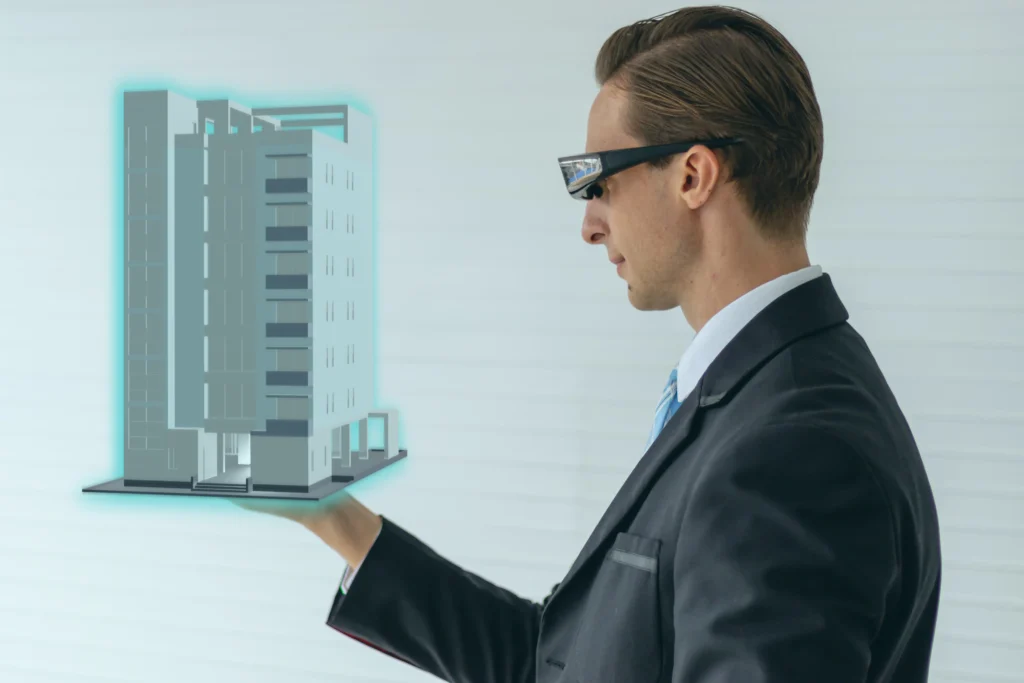BMS Building Automation Systems
Advanced building automation consists of smart technologies that enable all systems in buildings to be managed in an integrated manner. These systems automate and optimize important functions such as heating, lighting, security, energy management and many more. These technologies, which can be used in both commercial and residential buildings, increase energy efficiency and maximize user comfort. Thanks to smart management systems, buildings not only become more efficient, but also offer environmentally friendly solutions and reduce long-term costs.

Mechanical Automation (HVAC)
Energy Management (Wages) and Billing
Hotel Room Automation (GRMS)
Yangın Algılama
Lighting, Automation (KNX, DALI, DMX)
Card Access Control and Security (Fire, Theft, Water Leakage, etc..)
Efficient and Smart Buildings with Building Automation
Mechanical automation provides the possibility to control HVAC (Heating, Ventilation and Air Conditioning) systems through a central system. This technology automatically monitors and manages the indoor conditions (temperature, humidity, air quality) of buildings, thus providing a comfortable environment while improving energy efficiency. With intelligent control systems, HVAC systems minimize energy consumption by opening and closing according to need.
Energy management is the technologies used to monitor, optimize and make efficient energy consumption in buildings. Smart energy management systems instantly monitor consumption data and make strategic adjustments to save energy. At the same time, it helps businesses keep their energy costs under control by keeping track of their energy bills and ensures an accurate billing process.
Hotel room automation is a system that increases the comfort of guests and provides energy efficiency. This system detects when the guest is in the room and automatically controls the light, heating-cooling, curtains and other devices. In addition, it allows hotel staff to manage the systems in the room according to the changes made in the room (cleaning, check-out, check-out), thus increasing operational efficiency.
Fire detection systems increase fire safety by detecting fires that may occur in buildings at an early stage and giving instant warnings. These systems detect the start of a fire through smoke and heat sensors and activate alarm systems. In addition, such systems automatically put fire safety protocols in place to ensure a safe evacuation to the occupants of the building.
Lighting automation makes it possible to intelligently manage the lighting systems inside the building. Thanks to technologies such as KNX, DALI and DMX, lights can be automatically turned on, off or their intensity can be changed. These systems provide energy efficiency while at the same time increasing comfort by optimally adjusting the environment according to the needs of the user. In addition, lighting control can be easily managed through a centralized system.
Card access control systems are technologies that increase security and control access at building entrances. These systems ensure security by preventing unauthorized access and only allow authorized persons to enter certain areas. In addition, dangers such as fire, theft, water leakage are instantly detected and notified to the user with the warning system. In this way, building security is proactively managed.
SSS
Frequently Asked Questions
Building automation is the technology that allows all mechanical, electrical, and safety systems of a building to be managed through a central platform. Systems such as heating, cooling, lighting, security, energy management are automatically controlled and optimized.
Building automation; It includes many systems such as lighting control, heating-cooling systems, security and access control, energy management, fire alarm systems, water and air quality control. These systems work integrated to create an efficient and safe environment within the building.
Yes, building automation improves energy efficiency. Smart thermostats, lighting systems, and HVAC (Heating, Ventilation, Cooling) systems minimize energy consumption by operating only when needed. In this way, energy savings are achieved and operating costs are reduced.
Building automation enhances security with security cameras, motion detectors, alarm systems, and intelligent access control. All security systems can be monitored and managed through a central platform. When an abnormal situation is detected, you can receive instant notification and intervene.
Building automation systems can be controlled remotely by connecting via the internet. Through smartphones, tablets, and computers, users can remotely monitor, control, and change the settings of all systems in the building.
Building automation enables all building systems to be centrally managed on a single platform. This allows building managers to make faster decisions, monitor the performance of systems, and anticipate maintenance requirements. In addition, operational efficiency increases thanks to automated processes.
With the developing technology, building automation will become more widespread and smarter in the future. Innovative technologies such as artificial intelligence and machine learning will make automation systems even more efficient. In addition, it will contribute more to sustainability and energy saving and offer environmentally friendly solutions.